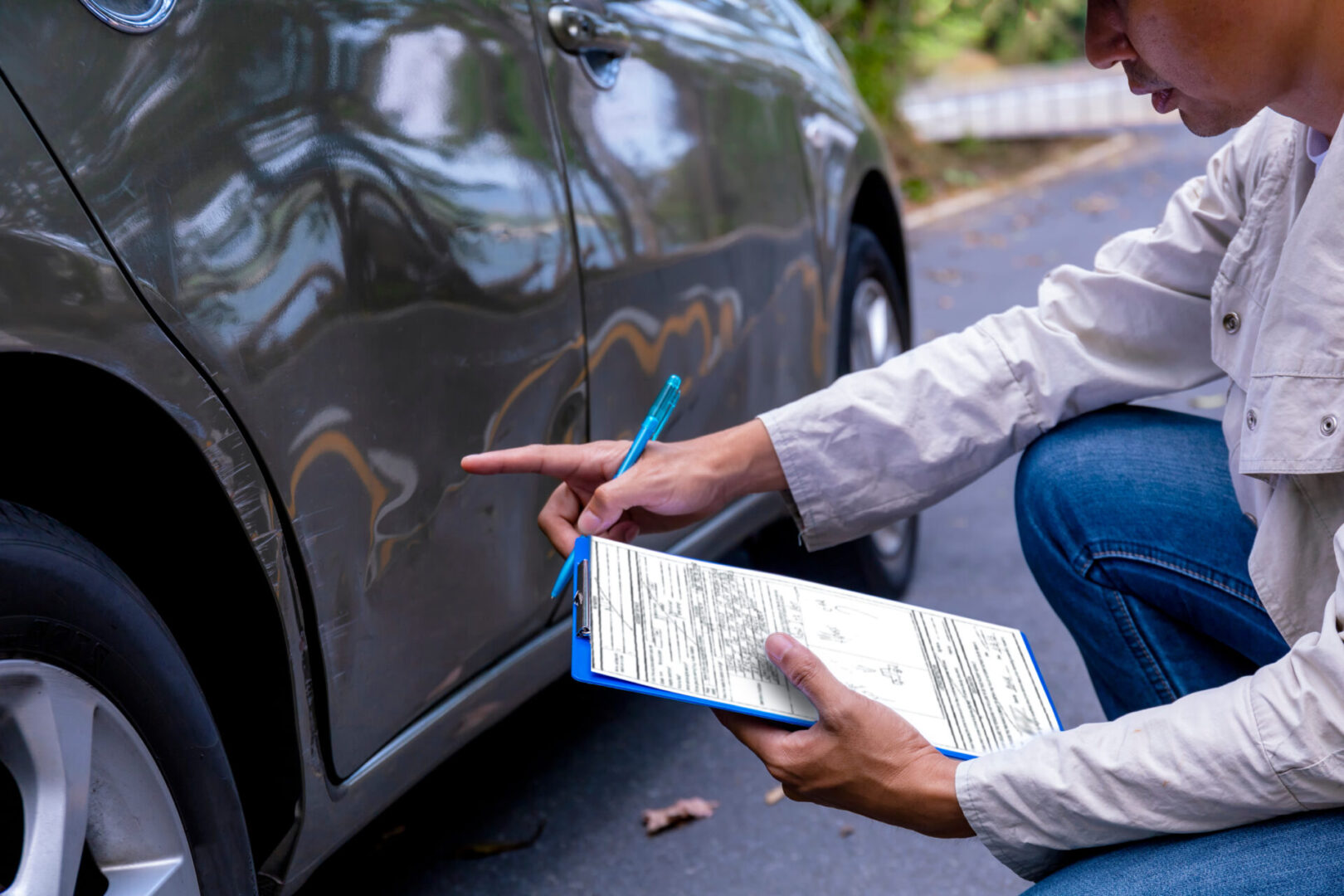WHAT IS A FIRST-PARTY INSURANCE CLAIM?
A first-party insurance claim is between you the policyholder (you the first party) and your insurance company (the second party). These are contractual claims that are contingent on the specific language of the insurance policy because you are in a signed contract with them.
Example: First party claims are when you filed a claim to use your insurance company to pay for the repair your vehicle.
Even though your insurance company is contractually obligated to repair your vehicle to pre-loss condition more often times than not your insurance company will try to only pay for subpar repairs and ignore the fact that they have an obligation to repair your vehicle to the same or better than it was before the accident.
Since so many insurance companies are electing to pay for just enough of a repair to get by or try to steer you to one of their direct repair shops (DRP's) since they have a contract with that repair shop they can pressure the shop on what they will pay and what they won't pay. Whose best interest do you think the repair facility has in mind when they are working on your vehicle and the collision repair facility knows that they won't be compensated for some repairs that need to be performed for safe and proper repairs? You or the One who steers work their way? So, what can you do when your insurance company doesn't have your best interest in mind besides looking for another insurance company? Well, you get your automobile policy that tells you everything about what your insurance will cover. (If you didn't receive this booklet when you signed up for your insurance then contact your insurance company and tell them that you need a copy of you Declarations Page (Dec page for short) and look in the index to see if you have a spot that says "Appraisal". If you do, which most insurance do, except in our area as of 2021 where State Farm removed the Appraisal Clause from their policy and AutoOwners insurance never instituted it) go the page that the Appraisal clause is on in your policy and it will state: (The Actual Appraisal Clause language from a South Carolina auto insurance policy)
APPRAISAL:
A. If we and you do not agree on the amount of loss, either may demand an appraisal of the loss. In this event, each party will select a competent and impartial appraiser within 20 days after receiving the written request from the other. The two appraisers will select an umpire. If they cannot agree upon an umpire within 15 days, you or we may request that selection be made by a judge of a court having jurisdiction. The appraisers will state separately the actual cash value and the amount of loss. If they fail to agree, they will submit their differences to the umpire. A decision agreed to by any two will be binding. Each party will:
Pay its chosen appraiser; and
Bear the expenses of the appraisal and umpire equally.
B. We do not waive any of our rights under this policy by agreeing to an appraisal.
The “Appraisal Clause” was designed to establish a procedure to allow disputed amounts to be resolved by independent, impartial and disinterested parties; in a fair and equitable manner, without legal activities and the associated costs and time which are commonly excessive and additionally burdensome.
The “Appraisal Clause”, as oftentimes found within an insurance policy contract, is straightforward and binding (both parties are bound by the final award). Lawyers are not required and the length of the process is governed by the complexity of the loss and/or policy terms and conditions. The result of the “Appraisal Clause” is somewhat less formal than arbitration or mediation and is far less costly and time consuming than litigation.
To begin, each party (“principal”) seeks and appoints an independent (disinterested) and impartial Appraiser. From that point forward the principals are no longer involved in the dispute resolution as each Appraiser must independently assess the loss related damages and attempt to reach a consensus with the other Appraiser for a reasonable and equitable resolution and/or settlement.
Should the two independent Appraisers fail to reach an agreement, they will then submit their findings to a chosen Umpire; who (depending upon the terms within the policy/agreement) was either selected to, or after the Appraiser’s unsuccessful efforts to resolve the dispute.
An independent and disinterested Umpire, selected and agreed upon by the two appraisers, will then review the information prepared and submitted by the two Independent appraisers and render his or her final decision; a decision which is binding upon the participating parties.
To be an effective umpire, the umpire must also be impartial, willing to listen, ask questions, perform limited research and be of good moral character and reputation. An Umpire who has a vested, undisclosed interest or reward must be avoided or disqualified at all costs. The most difficult aspect of the “Appraisal Clause” is ensuring that each party’s chosen Independent Appraiser is truly independent, unbiased and disinterested and knowledgeable about safe and proper repairs.
The spirit of the “Appraisal Clause” is to resolve disputes fairly and to do so in a timely and cost effective manner. Through the “Appraisal Clause “, disputes can be resolved relatively quickly, economically, equitably and amicably when compared to mediation, arbitration and litigation.

WHAT IS ARBITRATION?
Automobile insurance arbitration involves the settlement of a dispute over a property damage liability claim by a person or persons chosen to hear both sides and come to a decision. Any person who is a party to a disputed automobile property damage liability claim may submit the claim for settlement through arbitration.
Arbitration can decide the amount of damages involved in the claim and who is responsible to pay for the damages.
Arbitration cannot be used to settle a claim against your insurance company that involves collision or comprehensive coverages. Likewise, bodily injury claims are not handled through this process.
